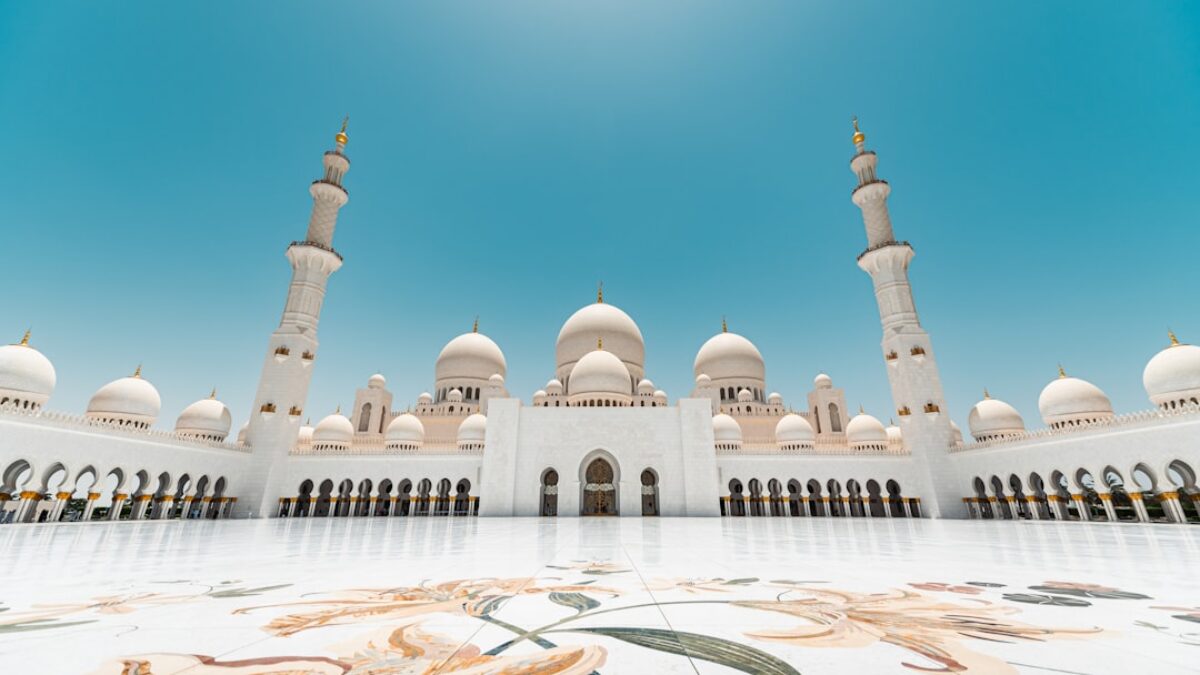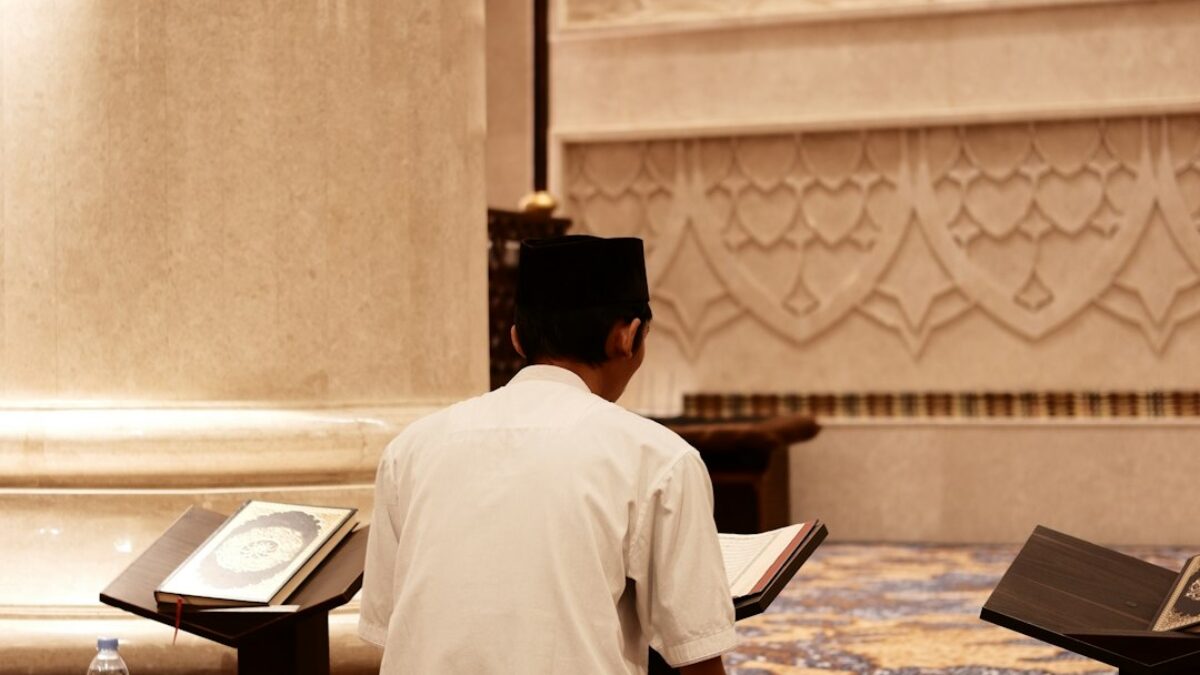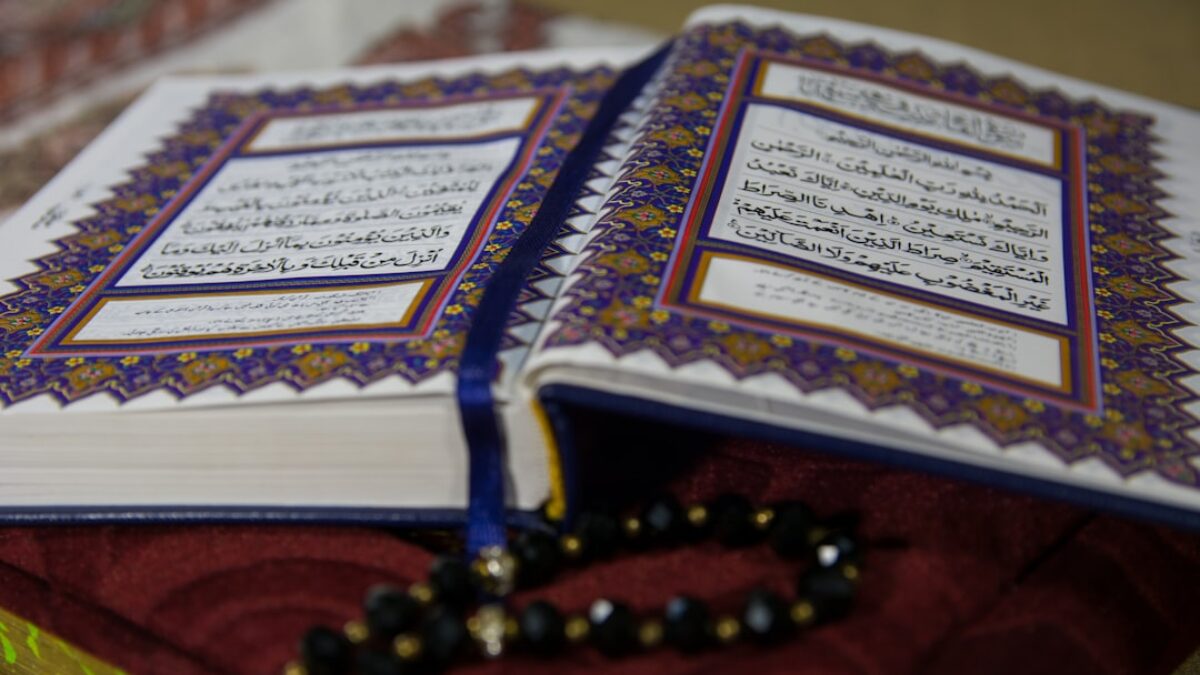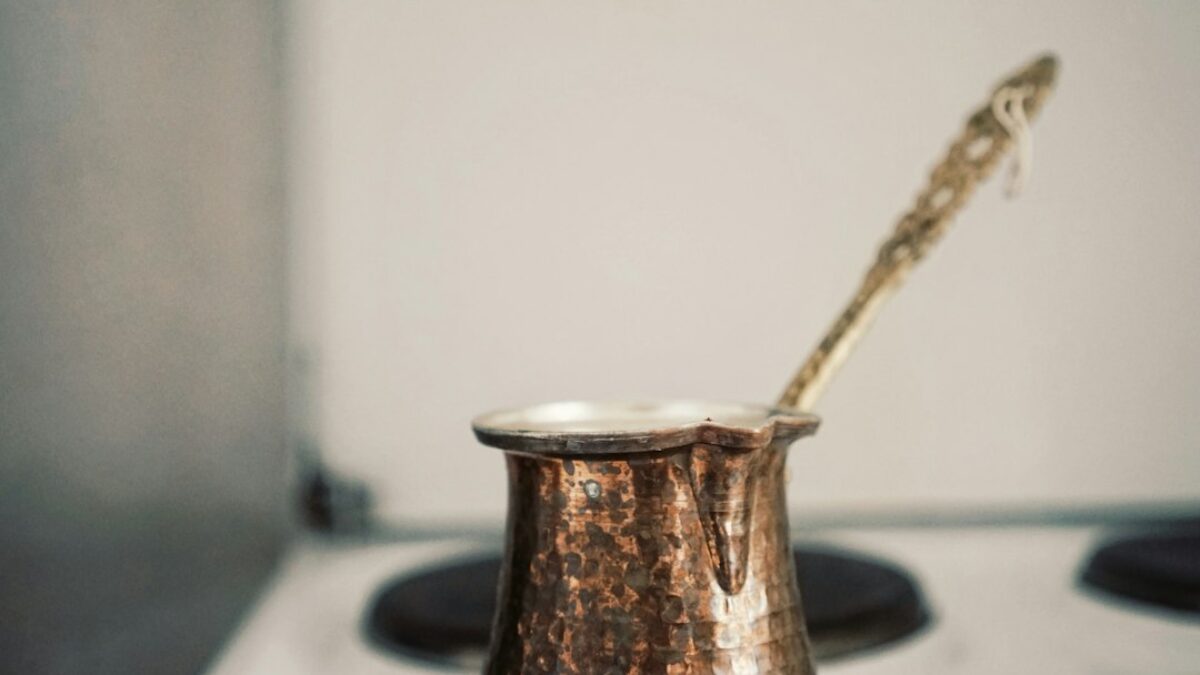Every year, as the crescent moon ushers in Ramadan, millions of Muslims feel an intensified pull toward generosity. The fast is from dawn to dusk, yet the heart is invited to feast on an even richer nourishment—sadaqah. In these blessed thirty days, charity is not merely a virtuous act; it is a transformative force that multiplies spiritual rewards, cascades blessings across households, and knits the fabric of the community tighter than ever. This article unpacks the layered power of sadaqah in Ramadan, revealing why it is so highly emphasized, how it can be practiced strategically, and the ripple effects it generates far beyond the initial donation.
Understanding Sadaqah in the Context of Ramadan
Defining Sadaqah: Beyond the Monetary Gift
Classical scholars define sadaqah broadly: any act performed purely for Allah’s pleasure that benefits creation. While the popular image is cash handed to a needy person, sadaqah also includes:
- a smile to a stranger,
- sharing iftar dates with neighbors,
- removing an obstacle from the road,
- teaching Qur’an to a child,
- or funding a sustainable water well.
During Ramadan, the spectrum widens because every permissible act performed with the right intention is spiritually magnified.
Unique Ramadan Multipliers
The Prophet ﷺ said, “The reward for every good deed is multiplied by ten up to seven-hundred times, except fasting, for it is for Me and I reward it accordingly.” (Bukhari & Muslim)
In Ramadan this multiplication is further intensified. Scholars cite three primary drivers:
- The Month Itself: Laylat al-Qadr alone is “better than a thousand months,” meaning a single sadaqah given on that night earns the reward of over 83 years of charity.
- Fasting Synergy: While fasting, the nafs (lower self) is tempered, making intentions purer and sincerity deeper.
- Collective Momentum: The ummah moves as a single body; when masses give together, the barakah is amplified exponentially.
Key Components of Effective Sadaqah in Ramadan
Intentionality and Sincerity (Ikhlas)
Without sincerity, even large sums stagnate spiritually. The Companions would hide their donations so thoroughly that the right hand did not know what the left gave. Modern tactics include:
- Automating anonymous bank transfers,
- Using “no-reply” online portals,
- or quietly stocking community fridges at night.
Strategic Targeting of Needs
Ramadan heightens specific vulnerabilities:
| Group | Ramadan-Specific Need | High-Impact Sadaqah |
|---|---|---|
| Orphans & Widows | Eid clothing & food insecurity | Sponsor Eid package + monthly stipend |
| Low-Income Workers | Long fasting hours, no overtime pay | Pre-dawn meal (suhur) distribution |
| Reverts | Iftar invitations, spiritual support | Host weekly iftar circles, provide Qur’ans |
| Debt-Ridden Families | Pressure of zakat-ul-fitr deadlines | Interest-free micro-loans |
Timing: Night vs. Day Giving
While the Prophet ﷺ encouraged secrecy, he also emphasized urgency:
- After Maghrib: Capitalize on post-fast vulnerability—hot meals for street workers.
- Laylat al-Qadr: The ultimate jackpot night; many mosques run “last-ten-nights” donation drives.
- Pre-Eid: Clearing zakat-ul-fitr 48 hours before Eid prayer ensures the poor can celebrate too.
Types of Sadaqah Jariyah (Ongoing Charity)
Ramadan is an ideal launchpad for perpetual impact:
- Waqf (endowment) shares in water wells,
- Printing digital Qur’ans for mobile apps,
- Funding micro-schools in refugee camps,
- Purchasing medical equipment for village clinics.
Each beneficiary’s prayer cycles back to the donor long after Ramadan ends.
Benefits and Importance
Spiritual Renewal
Fasting suppresses worldly desires, creating a vacuum that sadaqah fills with light. Ibn Taymiyyah noted that charity polishes the heart like water cleans a mirror. Tangible signs include:
- Increased khushu’ in taraweeh,
- Unexpected tears during du‘a,
- and deeper gratitude for iftar.
Financial Barakah
Many believers report that giving more in Ramadan coincides with unexpected income streams: a delayed salary finally arrives, a freelance project lands, or household expenses mysteriously shrink. While not the motive, this divine increase testifies to Allah’s promise: “Whoever gives a goodly loan to Allah, He will multiply it for him manifold.” (Qur’an 2:245)
Community Cohesion
Shared iftar tables, crowd-funded surgeries, and neighborhood food drives dissolve socio-economic walls. In 2025, a small mosque in Leicester pooled nightly donations to pay off £90,000 of community debt by the 27th night, igniting collective euphoria that spilled into post-Ramadan volunteering.
Psychological Well-Being
Neuroscience confirms that altruism triggers dopamine and oxytocin release. In Ramadan, the fasting brain is already primed for mindfulness, so the helper’s high is intensified, reducing anxiety and fostering a sense of purpose.
Practical Applications
Family-Friendly Sadaqah Calendar
Turn the 30 days into a mission-oriented adventure:
- Days 1-5: Children decorate a “blessing jar”; each evening they add coins from their savings.
- Days 6-10: Teens launch a social-media fundraiser for a chosen cause (matched by parents).
- Days 11-15: Grandparents share stories of Ramadan giving from their youth, reinforcing legacy.
- Days 16-20: Family prepares and distributes warm iftar meals from the mosque kitchen.
- Days 21-25: Couple calculates and distributes zakat-ul-fitr together, teaching fiqh in real time.
- Final Nights: Night-of-Power vigil coupled with a silent charity drop—e.g., paying someone’s grocery bill anonymously.
Digital Sadaqah Platforms: Maximizing Impact and Trust
Modern tech offers both opportunities and pitfalls. Choose platforms that:
- Display real-time impact metrics (meals served, trees planted),
- Provide scholarly oversight ensuring zakat eligibility,
- Offer recurring donation features to automate Laylat al-Qadr gifts.
Case study: A UK charity leveraged live QR code billboards in Ramadan 2025; commuters could donate £5 water bottles to Yemen with a single tap, raising £1.2 million in 21 days.
Corporate Sadaqah Programs
Forward-thinking businesses are embedding Ramadan philanthropy into CSR:
- Matching Schemes: The employer matches every employee’s donation during the last ten nights.
- Iftar Credits: Instead of lavish client dinners, companies fund 100 orphan iftars per £1,000 dinner budget.
- Skill Sadaqah: Tech teams build free Ramadan apps for prayer times and Qur’an recitation, serving millions globally.
Micro-Initiatives with Macro Impact
Not all sadaqah requires deep pockets:
- “Street Fridge” Project: Stock a mini-fridge outside your home with chilled water and dates for delivery drivers.
- “Khatam Chain”: WhatsApp groups where each member sponsors one Qur’an completion and dedicates it to a global cause.
- “Debt-Relief Lunches”: Skip one restaurant meal a week and channel the £20 saved toward interest-free microfinance portals.
Frequently Asked Questions
What is the difference between zakat and sadaqah in Ramadan?
Zakat is a fixed, obligatory alms (typically 2.5 % of surplus wealth) with strict nisab and recipient criteria. Sadaqah is voluntary and flexible, ranging from a single date to a million-dollar hospital. In Ramadan, zakat is often timed for maximum reward, but sadaqah can be given daily, even multiple times a day, without limits.
Can sadaqah be given to non-Muslims during Ramadan?
Yes. While zakat has religious restrictions, sadaqah is broader. Feeding a homeless neighbor of any faith, donating to disaster relief that aids mixed communities, or sponsoring clean-water projects in non-Muslim villages all qualify, provided the intention is to seek Allah’s pleasure and the act does not support sin.
How do I calculate how much sadaqah to give without straining my budget?
Follow the “1% daily” rule: earmark 1 % of your disposable income for each fasting day. If your daily surplus is £40, give £0.40 each day or pool £12 over the month. Apps like MySadaqah track this automatically. Remember, the Prophet ﷺ said, “The best charity is that given when one has little.”
Is it better to give one large donation or many small ones?
Both carry merit. A single large gift—such as sponsoring an iftar for 500 people—creates instant communal joy. Multiple small acts cultivate the habit of generosity and spread barakah across more recipients. The optimal approach is balanced: one signature project plus frequent micro-gifts.
Can I give sadaqah on behalf of a deceased relative?
Absolutely. The Prophet ﷺ confirmed that ongoing charity (sadaqah jariyah) benefits the deceased. Specify the intention clearly: “This well is on behalf of my mother, may Allah accept from her.” Digital portals allow naming water wells or Qur’an distributions in memoriam.
How do I verify the authenticity of online sadaqah campaigns?
Apply the FIVE-point check:
Financial transparency: annual reports and audited accounts. Islamic compliance: scholar-signed fatwa on zakat use. Verified partners: field photos with GPS tagging. External
























Post Comment